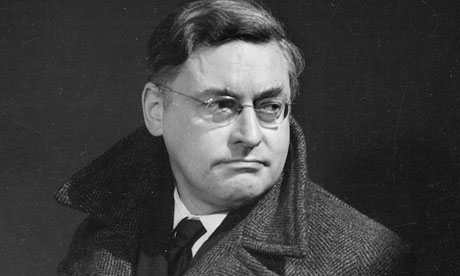Raymond Queneau
Oulipians are into literary bondage. Their fetish is predicated on the notion that writing is always constrained by something, be it simply time or language itself. The solution, in their view, is not to try, quixotically, to abolish constraints, but to acknowledge their presence, and embrace them proactively. For Queneau, “Inspiration which consists in blind obedience to every impulse is in reality a sort of slavery”. Italo Calvino (who was co-opted in 1973) concurred: “What Romantic terminology called genius or talent or inspiration or intuition is nothing other than finding the right road empirically”. Choosing the “right road” from the outset, instead of stumbling upon it haphazardly, is the Oulipian way: once the Apollonian structure has been circumscribed, Dionysus can work his magic. “I set myself rules in order to be totally free,” as Perec put it, echoing Queneau’s earlier definition of Oulipians as “rats who build the labyrinth from which they plan to escape”.
As Gabriel Josipovici argues in What Ever Happened to Modernism?, modern literature was forged out of a refusal to submit to external constraints, with the novel a “new form in which the individual could express himself precisely by throwing off the shackles that bound him to his fathers and to tradition”. The flipside of this emancipation of the writer (or privatisation of writing) was, as Walter Benjamin pointed out, isolation. No longer the mouthpiece of the Muses or society, novelists could only derive legitimacy from themselves. “Going back to the world of genres is not an option, any more than is a return to the world of the ancien régime,” writes Josipovici. The Oulipo escapes the Romantic cul-de-sac of unfettered imagination (or its Surrealist avatar, chance) by reintroducing external constraints, which are self-imposed.
via Oulipo: freeing literature by tightening its rules | Books | guardian.co.uk.
